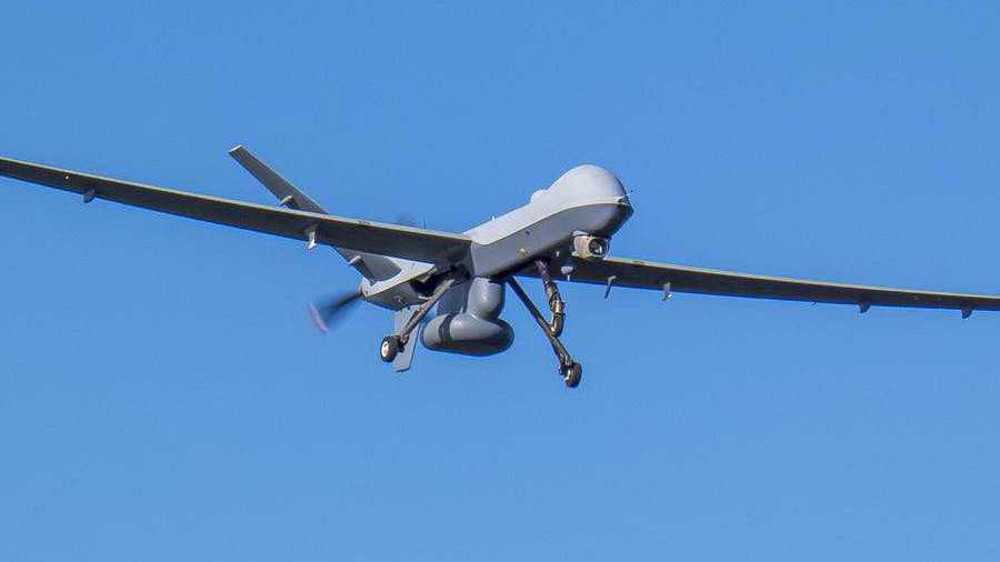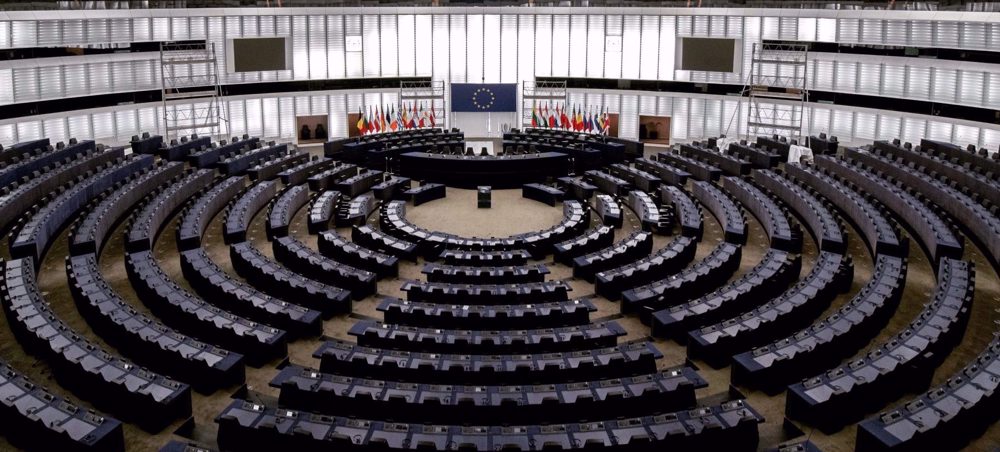Abu Dhabi and Tel Aviv to establish spy bases on strategic Yemeni island
Long before the new chapter of relations between Abu Dhabi and Tel Aviv, the Emiratis had worked with Israeli surveillance experts and firms.
In fact, the first visit to the UAE by an Israeli official was made by the head of Mossad to discuss “cooperation in the field of security and issues of common interest”.
Now with normalized ties, and given a history of cooperation between the two sides, there are fears that the agreement might pave the way for more repression of Emirati journalists and rights activists at home, and of course, an uptick in cyber-attacks and surveillance operations in the region and beyond.
Shortly after the trip, it was revealed that Abu Dhabi and Tel Aviv are involved in a joint surveillance project in Yemen.
The two sides were reportedly working silently on a plan to establish spy bases on the strategic Yemeni island of Socotra.
According to JForumm, the official site of the Jewish and French-speaking community, “The purpose of such a spy station would be to collect intelligence across the region, particularly from the Bab el-Mandeb Strait, a sea route chokepoint between the Horn of Africa and the south of Yemen, along with the Gulf of Aden and the Middle East.”
We have different aspects of Cyber Intelligence; Cyber Intelligence covers the domestic threat and the external threat. And in this case we have the Emiratis who like to control the opposition groups and like to make sure that they monitor their own officials and other citizens or political parties, including many foreign companies on their soil. But above all, the collaboration between Israel and the Emirates is mainly directed toward Iran to make sure that they can also control the nearby country and also the Iranian company that are acting on the, they are working (in the UAE).
Elijah Magnier, Journalist and Political Analyst
While the Emirati authorities are engaged in regional surveillance for their regional ambitions, which is to become the leading power of the Middle East, they need Israel’s spying hardware and software to maintain the status quo within the borders.
In fact, Abu Dhabi has long been engaged in muting dissenting voices with the help of Israeli cyber-surveillance companies.
The Falcon Eye surveillance system
For example, in 2015, Abu Dhabi contracted Israeli Asia Global Technology for a civil surveillance project called Falcon Eye.
A source privy to the project told Middle East Eye, "Every person is monitored from the moment they leave the doorstep to the moment they return to it."
The Israelis managed to collect strong capability. And they've signed an agreement with the United States on cybersecurity deals, and also they have this recent agreement that goes back into three years where the narrative is not very new.
Every year they invest between 450 to $500. million on the collaboration on cyber security. Even if the normalisation of relationship was announced, only very recently in the last few months, but the collaboration between Israel and the Emirates, go back to several years.
Elijah Magnier, Journalist and Political Analyst
Perhaps, one of the high-profile cases refers to the Emirati human rights activist Ahmad Mansoor who was targeted by the Israeli Pegasus spyware, developed by NSO Group Technologies.
According to the Citizen Lab, “On August 10 and 11, 2016, Mansoor received SMS text messages on his iPhone promising “new secrets” about detainees tortured in UAE jails if he clicked on an included link.
Instead of clicking on the link, Mansoor sent the messages to Citizen Lab researchers who recognized the links as belonging to NSO Group, an Israel-based “cyber war” company.”
They feel the wave of democracy coming in, and they feel that the countries are asking to[for] reform, and people want their voice to be heard. And those who are within them to be in power[sic]. And today the royal families, the kings and Emirates, represent, first of all their interest to remain in power.
This is where the collaboration between Israel and the Emiratis can [come in handy] for the Emirati authorities, because they want to feel how strong is this threat coming toward them and how it's threatening their regime. Therefore, if this full control of all communications, internet, the main exchange of ideas, communication, locally, domestically and with the outside world. That is related to any potential threat against the Emirati regime.
Elijah Magnier, Journalist and Political Analyst
To impress their Emirati customers, NSO Group gave them two secretly recorded phone calls of a London-based Arab newspaper editor, Abdul Aziz al-Khamis.
But the Emiratis have gradually shown that they don’t like to be mere consumers when it comes to surveillance technology.
In 2017, Emirati company DarkMatter reportedly recruited a number of former NSO employees, with salaries as high as $1 million. The company hacked the iPhones of hundreds of activists and political leaders, according to a Reuters special report.
Any social media that is allowed in any country, particularly in the Middle East, the government needs to have full control of it, including communication like WhatsApp, Viber, ToToK, Twitter and Facebook, all these social media that are an open space, and they can provide Cyberintelligence, with an open source intelligence, they give indication to the states of the level of threat, as I said earlier, if it is growing, how much is it growing, who are the most active people, who will likely represent danger to their well being or security or regime, for advertising democracy? Who are attacking this personality or another key figure in the state? So all these social media networks that are an open platform, are very closely monitored. And when they are not when the government doesn't have access to it, then it blocks it. Therefore, when it is not blocked, and is available, it means the government has access and can control what's going on.
Elijah Magnier, Journalist and Political Analyst
In 2019, an investigation by The New York Times found ToTok, a free messaging app launched in the UAE by Emirati company Group 42, was actually used by the Emirati government "to try to track every conversation, movement, relationship, appointment, sound and image of those who install it on their phones."
Just before the normalization deal, Group 42 said it had signed a cooperation deal with Israel Aerospace Industries' Elta Division over coronavirus solutions.
In the words of Andreas Krieg of King's College London, "With Israeli technology being world leading and the UAE building a 21st century surveillance state with deep penetration into countries in the region, both have seen this as a win-win. Such relationships are only possible because the Israeli security establishment has sanctioned it."
For the security-minded leadership in Abu Dhabi, warmer full relations with Tel Aviv is a good opportunity for them to build up their police state even if it necessitates the betrayal of the Palestinian cause internationally and underdevelopment of a real civil society nationally.
Iran determined to boost ties with Kyrgyzstan: VP
VIDEO | Trump orders to investigate, deport pro-Palestinian foreign students and staff
Iran begins celebrations marking victory of Islamic Revolution
‘Multiple’ Israeli airstrikes hit Lebanon in breach of ceasefire
Official: Hamas will continue to administer Gaza as war 'over'
Six Israeli soldiers killed, injured as Jenin fights back onslaught
VIDEO | Anniversary of Hind Rajab's martyrdom
VIDEO | 'Friends of Palestine' demands suspension of Israel from UN bodies
















 This makes it easy to access the Press TV website
This makes it easy to access the Press TV website